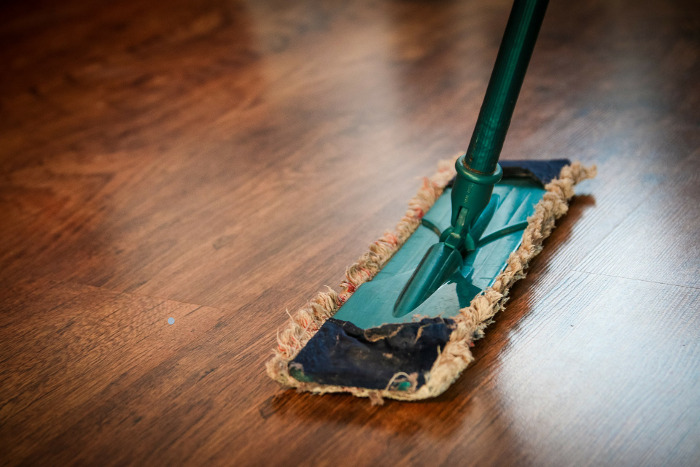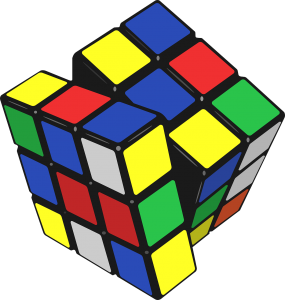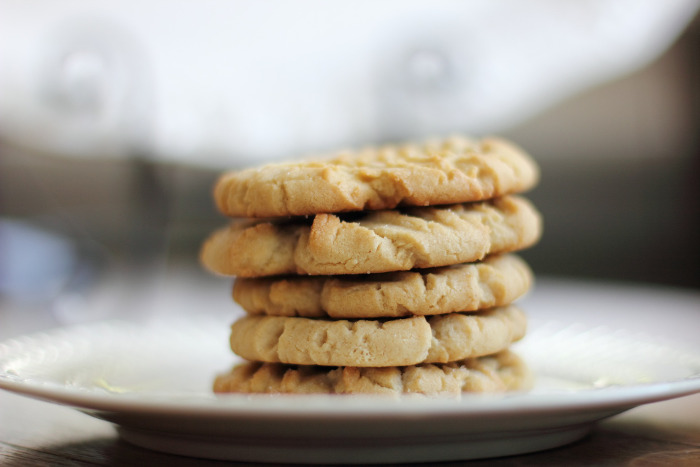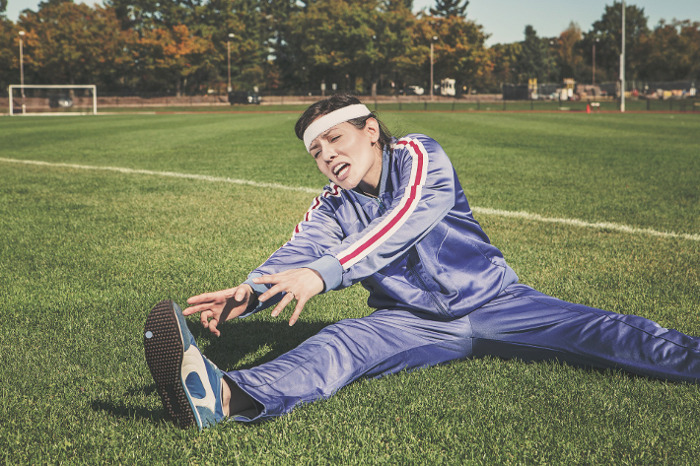
Let’s talk about how to increase productivity. Specifically, what science says about it. We were curious to see what research has revealed about the constant quest to get more done and decided to do a little digging.
Turns out, we humans are hardwired to develop certain habits that can quietly sabotage our own brains’ productivity potential.
Can these habits be overcome? Certainly. Will it be easy? Not always. Where do you start? You’ll have to first understand how they develop in the first place. Here’s what research says are the biggest detriments to productivity:
First, there’s procrastination.
This is by far the biggest barrier to increasing productivity—and not just because you’re wasting time. Research suggests that when you refuse to start a new project, your brain is visualizing the most challenging tasks ahead. To compensate, it attempts to simulate productivity by focusing on small, inconsequential tasks that fill time but delay what really needs to get done. Often, launching a new project is all it takes to build the momentum needed to see it through.

New project on the horizon? Time to clean the office!
Then there’s overwhelm.
Let’s say you did start a new project—but you launched into it before the last one was completed. Now you’re faced with an excruciating dilemma: Do you see Project A through to completion? Or put it on hold while you tackle more immediate pursuits?
The Zeigarnik Effect suggests that choosing the latter can do more harm than many of us realize. Numerous studies have shown that it’s easiest for the human brain to remember things left unfinished, such as a half-done puzzle or a waiter’s unfulfilled restaurant order.
This tendency leads to intrusive thoughts about the objective that was once pursued but ultimately left uncompleted. Finish what you start. This leads to tremendous feelings of satisfaction that will fuel the flames of productivity for your next project.

How can I focus on work when all I can think about is this maddening puzzle?
Did we mention the aftereffects of mistakes?
As if our brains didn’t already have it hard enough, they have to face some major emotional challenges each time we slip up. There’s a natural tendency to let one mistake spiral into a windfall of more poor choices, even though we know they’ll negatively impact our ability to reach goals.
In one study, participants who were led to believe they’d overeaten pizza consumed more cookies than diners who thought they’d eaten smaller slices.
In fact, all participants were given the same amount of pizza. Some slices were simply presented to look bigger than others. Looking at mistakes (real or perceived) as an opportunity to learn will free you from the cycle of goal-crushing choices.

Well, I already ate a whole pie. May as well dig in!
And who knew over-planning could be counterproductive?
Think that setting a big, lofty goal will light a fire under your keester? Think again. Researchers at the University of Chicago and the Korea Business School recently made a different discovery.
They found that goal-obsessed gym-goers actually spent less time exercising than the people who hopped on treadmills simply for the sake of, you know, running.
The same thing happened with dental floss: Those who were more interested in the feeling of clean teeth flossed longer than those who wanted to prevent eventual tooth decay. Finding ways to enjoy the task at hand, rather than simply seeing them as a means to an end, can make you more productive.

Well, this sucks. But at least it’ll help me build muscle, right?
It’s not enough to simply switch your phone to vibrate.
You have to silence it. That’s the finding of a new piece of research from Florida State University. Apparently, simply hearing a buzz or vibration is enough to set your mind wandering and away from the task at hand. Here’s what the authors said:
“We found that cellular phone notifications alone significantly disrupted performance on an attention-demanding task, even when participants did not directly interact with a mobile device.”
So, if you’ll excuse me…
While there are plenty of other science-based insights I could share, it’s time to go power down my phone and forget all about losing weight while I eat just one small slice of pizza.
